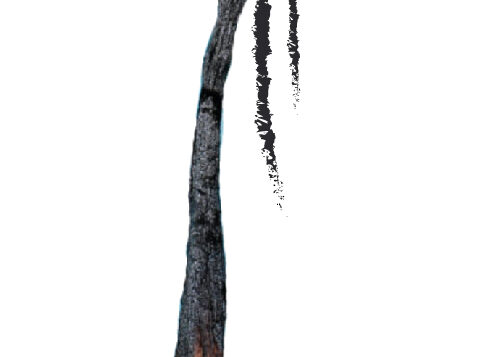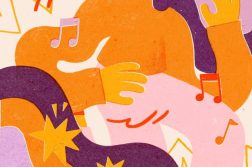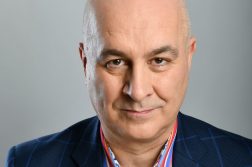Learning during uncertain times has led to unprecedented amounts of pressure, resulting in many students focusing their energy on achieving a first-class degree.
52% of students say their mental health has deteriorated since 2020, which can be attributed to exhaustion, cynicism, and feelings of negativity about work. It is no surprise, therefore, that 40% of students have seriously considered dropping out of university over the 2020-21 academic year.
All university students can relate to the struggles of less time on campus, limited face-to-face contact, and laptops plagued with weak Wi-Fi. I, amongst many, have constantly felt this mounting pressure to succeed (even without a global crisis). My secondary school preached success stories about their first-class alumni with no regard to the inevitable symptoms of burnout. Applying to university through clearing made me anxious that I was disadvantaged compared to my successful colleagues. Ultimately, I accepted the consequence of teetering on the edge of a first-class degree in service of affording my monthly rent through a part-time job. Although I was already juggling multiple commitments, the arrival of the pandemic kickstarted my rocky relationship with burnout.
I travelled to South Korea in my third year and conquered double the number of modules and assignments than are expected in the U.K., with at least six hours a day hunched over a desk. The eight-hour time difference was isolating, giving me one sole task: to succeed. My exchange did not count towards my degree, but I prioritised chasing a high grade in exchange for my mental health in the most irrational quid-pro-quo ever.
Hillary Gyebi-Ababio has urged the government to recognise the ‘barriers posed by remote learning and digital poverty’, yet even the support from universities has been met with dissatisfaction. Only 57% of students seeking help are content with the support they’ve received, outlining an inherent problem with how universities approach mental health. Academic success has sadly been met with 55% of students not sleeping well and over one third of students feeling they have had limited social contact during the pandemic.
So, how do degree classifications compare in the face of Covid-19? In terms of starting salary, there is no significant difference between undergraduates who receive a 2:1 and a 2:2, despite two-thirds of graduate recruiters expecting a 2:1 as a minimum requirement. Employers are increasingly ‘contextualising’ recruitment to consider not just grades, but also social background and work experience. Chasing firsts, then, seems to be a precursor to burnout rather than an explicit route towards success.
Conversely, universities have experienced a ‘chronic grade inflation’ during the pandemic, awarding a staggering one in three students with a first-class degree. More students graduated with a first-class degree than a lower second grade. Damian Hinds criticises this as an ‘unjustifiable rise’ and urges universities to ‘reset the norm’ without acknowledging how hard students have worked throughout the pandemic. Rather than reflecting institutional bias, academic success instead ‘reflects a combination of national trends’ because of an isolating academic experience – hard work in the face of adversary – that has fuelled the burnout wildfire across the world.
Locked up, burnt out, and desperate to secure a successful future, students have been pushed to their limits. I do not need a first-class degree to be happy. We should be proud of what we have achieved, regardless of our grades. They do not define us. Let us try not to burn the candle at both ends.




